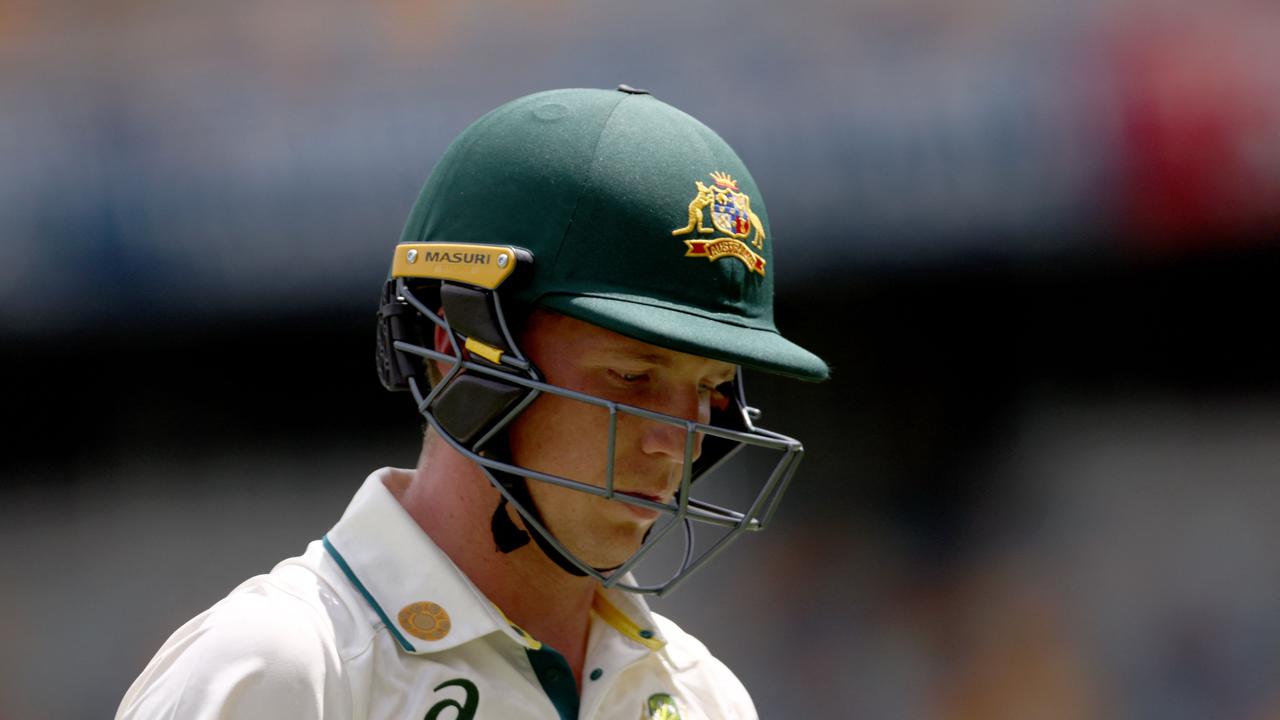I knew when my time was up. Ageing greats Kohli and Smith will, too

- by Admin
- December 20, 2024

Ageing batsmen often speak of “mental noise”, the internal chatter that clouds their judgment. This noise leads to poor shot selection, mistimed strokes, and the frustration of knowing they’re capable of more but are unable to summon it.
Perhaps the greatest enemy of the ageing batter is fatigue – both physical and mental. Years of playing at the highest level place an immense strain on the brain’s prefrontal cortex, the area responsible for focus and decision-making. This cognitive wear and tear manifests as attentional fatigue, making it harder to block out distractions and maintain the razor-sharp focus needed to succeed.
The emotional toll is just as taxing. Carrying the weight of expectations – be it from fans, teammates, or oneself – can lead to emotional exhaustion. Steve Waugh, a master of mental toughness, once admitted that towards the end of his career, the mental effort required to perform outweighed the joy of the game.
Self-doubt is a dangerous foe for any athlete. For batsmen, it’s particularly insidious. The best players thrive on instinct, but when doubt creeps in, it forces them to overthink their approach. Harsha Bhogle once noted that many greats develop a fear of failure late in their careers, opting for safety over aggression.
Kohli, in interviews, has acknowledged this internal battle. His instinct is to attack, but he often tempers it in favour of caution, especially when building his innings. This hesitation, while understandable, is emblematic of EPDS – a syndrome where the desire to avoid mistakes overshadows the instinct to dominate.
Age doesn’t just affect the mind; it takes a toll on the body, too. Reflexes slow, hand-eye coordination declines, and the ability to pick up the ball early diminishes. In my opinion, the syndrome is more mental than physical, though. For a batter facing bowlers hurling deliveries at over 140 km/h, even the slightest delay in reaction can be fatal.
Moreover, levels of dopamine – a key driver of motivation and risk-taking – naturally decrease with age. As a result, athletes become more reliant on conscious thought, which slows reaction times and introduces hesitation. This decline might explain why older players often adopt a “survival-first” mindset, waiting until they feel comfortable before taking risks.
Steve Smith looks rueful after losing his wicket in the second innings at the Gabba.Credit: Getty Images
Despite these challenges, many ageing batters find ways to adapt. Once they overcome the initial hurdles of their innings, they often rediscover their rhythm. Reaching a score of 20 or 30 acts as a psychological turning point, helping them regain the confidence and fluency of their prime.
This pattern is evident in Kohli’s recent performances, as it was in the twilight years of Tendulkar and Sunil Gavaskar. Once settled, they could still produce innings that reminded the world why they were regarded as all-time greats.
For players from cricket-obsessed nations like India and Australia, the pressures of decline are magnified by the weight of public expectation. Every failure is scrutinised, every slump dissected by fans and pundits. Gavaskar captured this sentiment perfectly when he said: “The hardest thing about batting isn’t the bowler. It’s the silence in your own head when you know you aren’t what you were.”
This emotional struggle – reconciling past greatness with present limitations – is perhaps the most poignant aspect of EPDS.
Loading
The only cure that I know is to rekindle the thinking of your youth. That is easier to say than to do, but it does work. Confidence is an emotion – so if you can recreate that, there is no reason why you can’t reinvent yourself.
Understanding EPDS is crucial, not just for cricket but for all fields where excellence is demanded over long periods. For athletes, accepting decline isn’t about giving up; it’s about finding new ways to contribute, adapting to changing realities, and leaving the game on their own terms.
As fans, we must celebrate these players not just for their peak performances but for their resilience in the face of decline. Instead of critiquing their struggles, we should honour their journey and the lessons they impart about the human spirit.
In my final Test match at the SCG, I found peace in the decision to walk away. Summoning the mental focus of my younger self, I battled through a difficult start and ended with a century that felt like a fitting conclusion to my career. It was proof that while time may diminish our powers, it cannot erase the habits of excellence ingrained over a lifetime.
As I reflect on the careers of today’s greats like Kohli, Joe Root and Steve Smith, I see the same struggle – the same battle between instinct and adaptation, confidence and caution. It’s a reminder that greatness isn’t just about peak performance; it’s about the courage to evolve, to endure and to finish with dignity.
And when the time comes, they too will know.
Sports news, results and expert commentary. Sign up for our Sport newsletter.
The Latest News
-
December 21, 2024Australia retains Rose Bowl after rain-affected victory
-
December 21, 2024Nathan McSweeney’s omission divides opinions among Australian cricket legends | Cricket News – Times of India
-
December 21, 2024Aussies retain Rose Bowl thanks to Sutherland heroics | cricket.com.au
-
December 21, 2024Konstas set to break near-100-year-old record on Boxing Day
-
December 21, 2024The moment I knew Sam Konstas was ready for Test cricket





